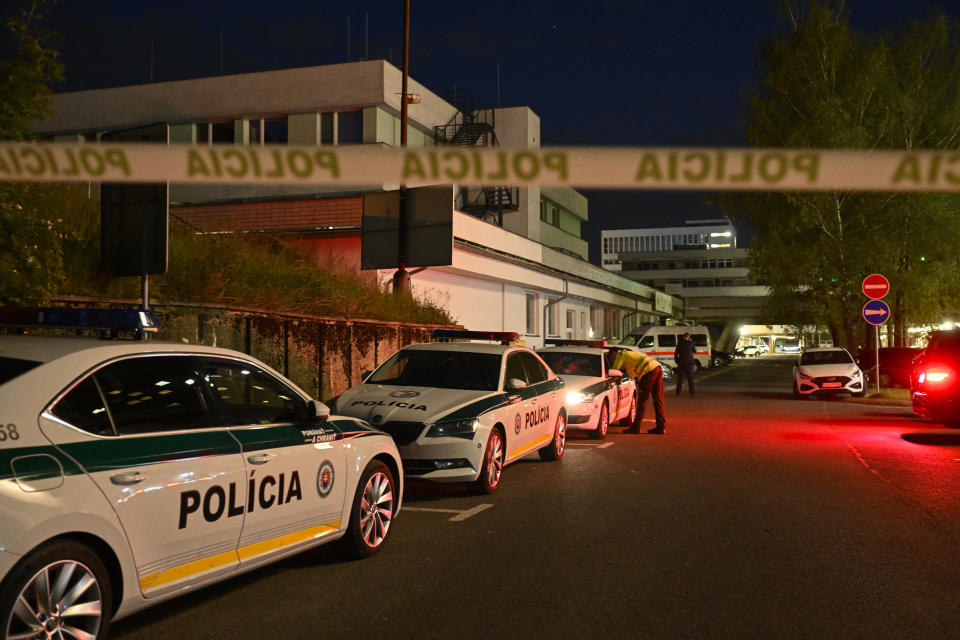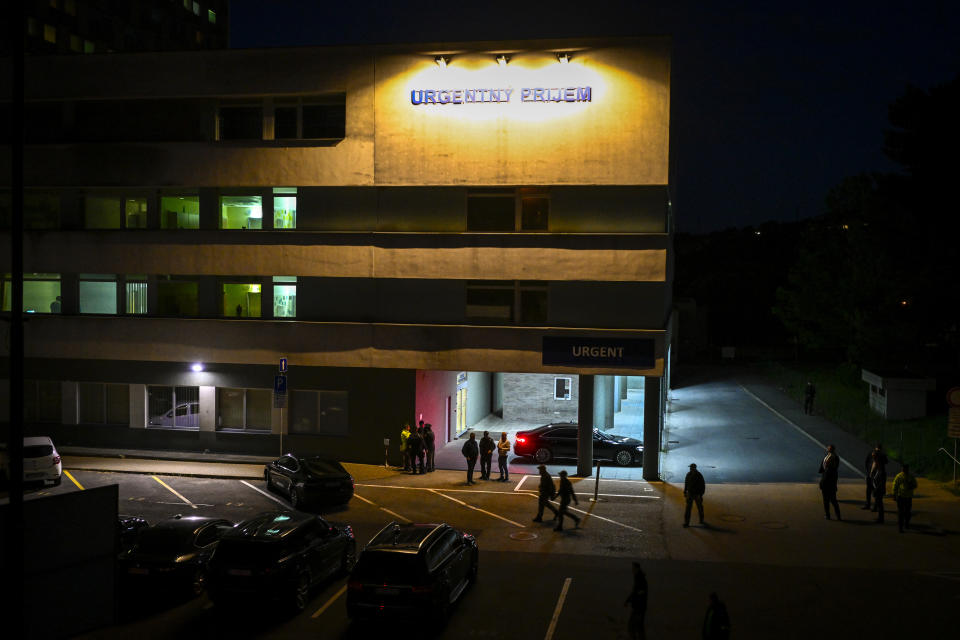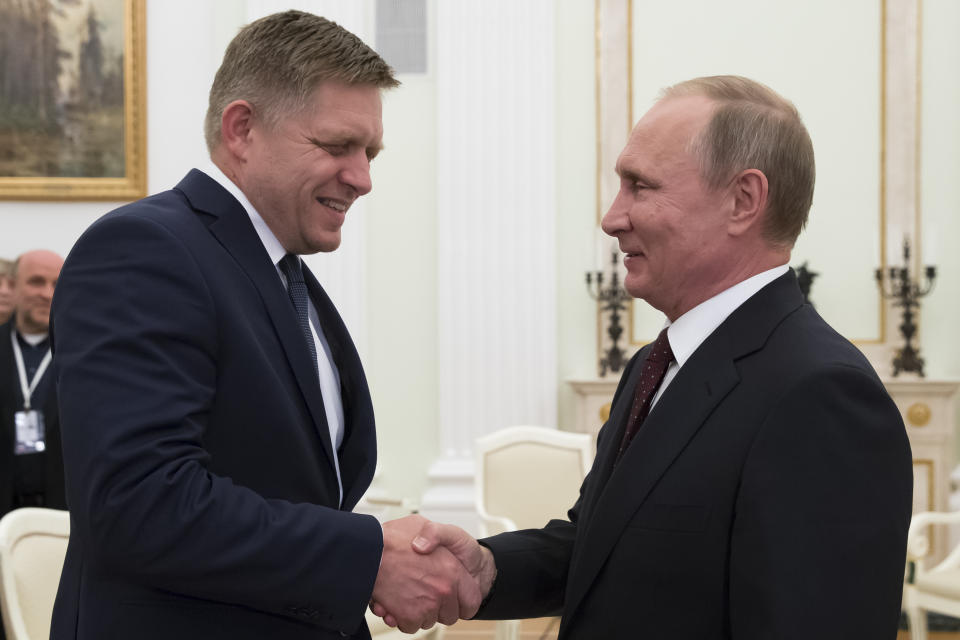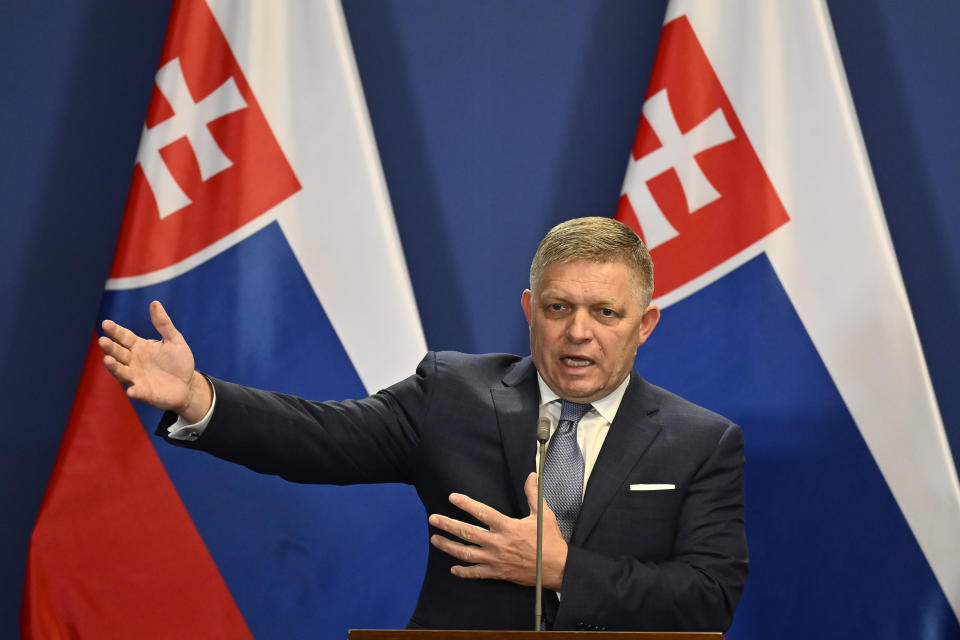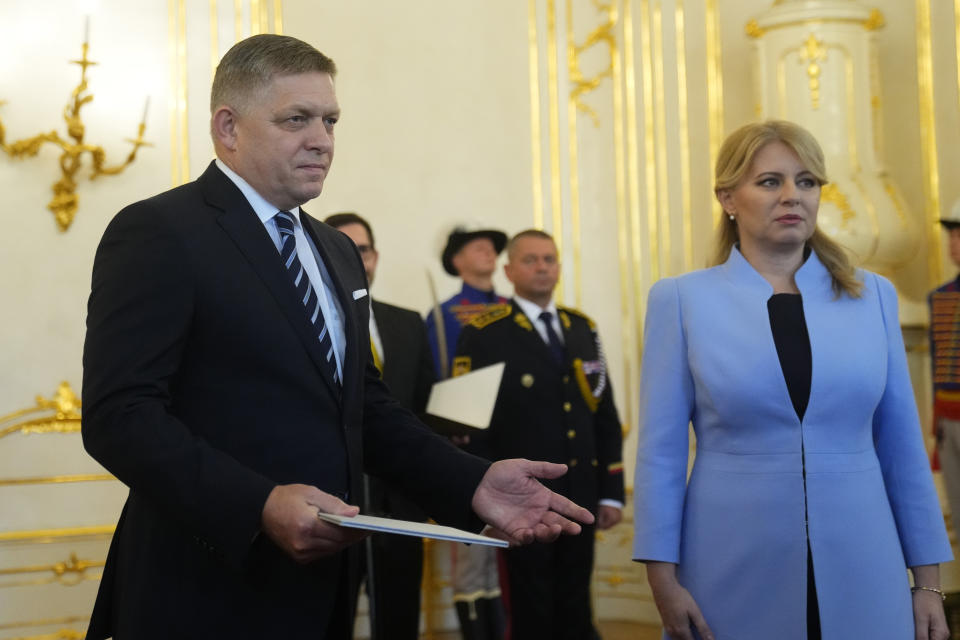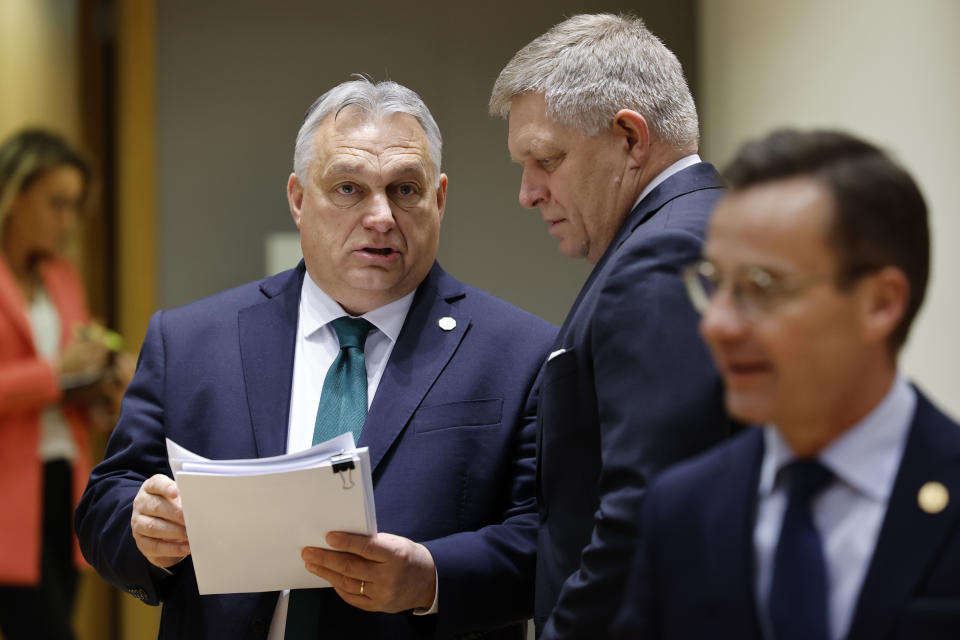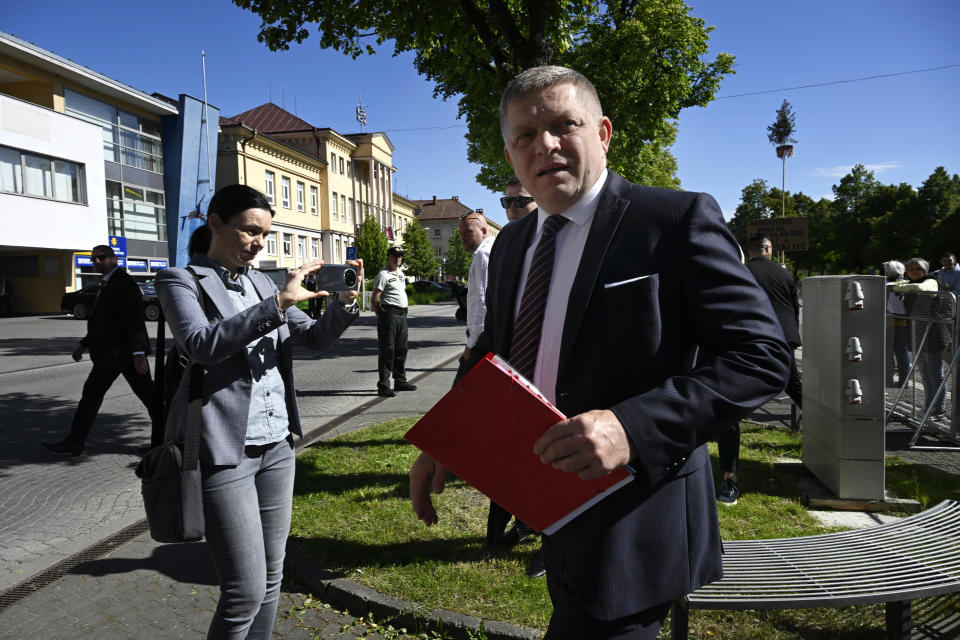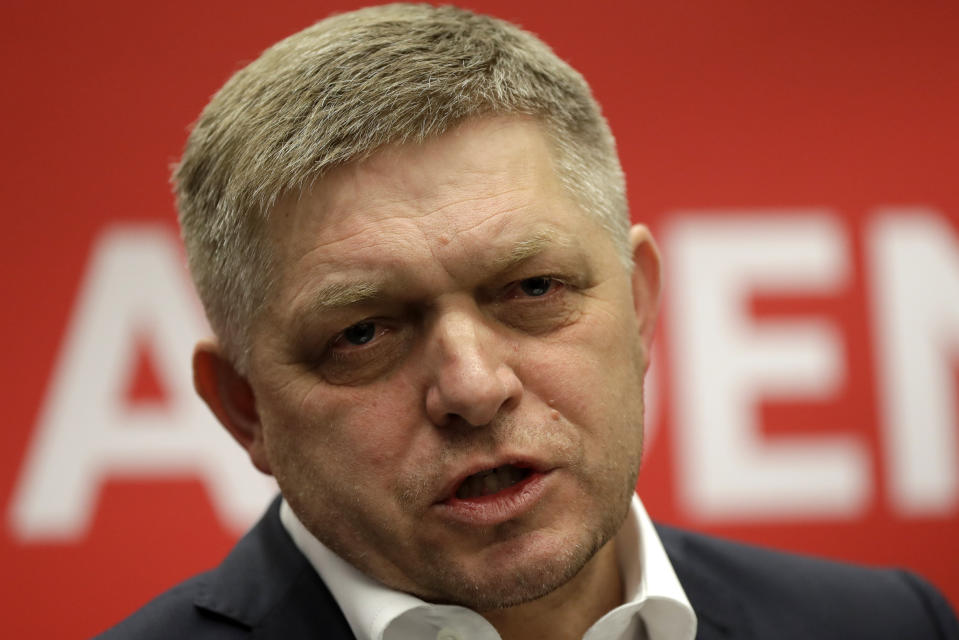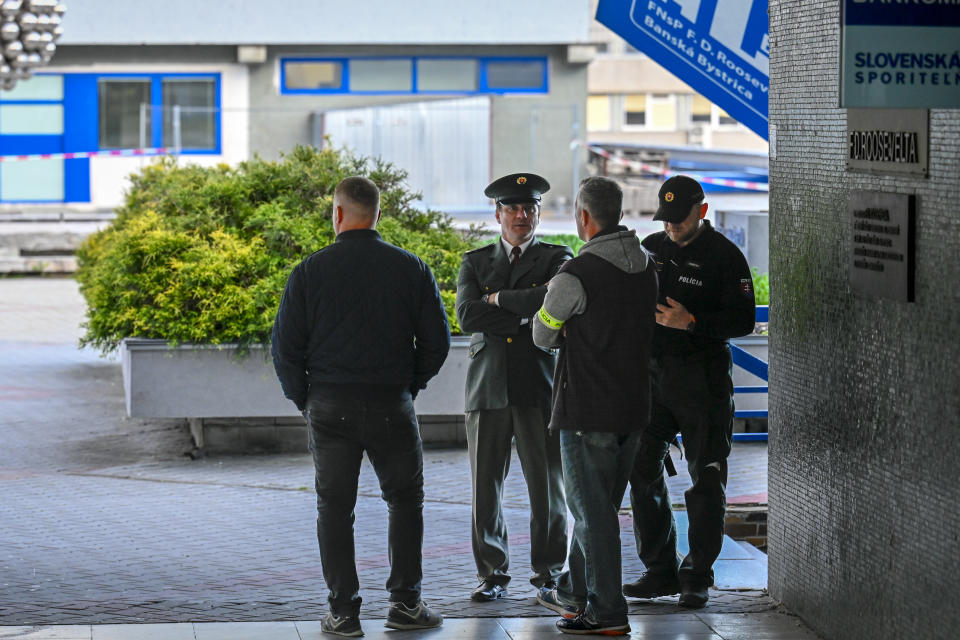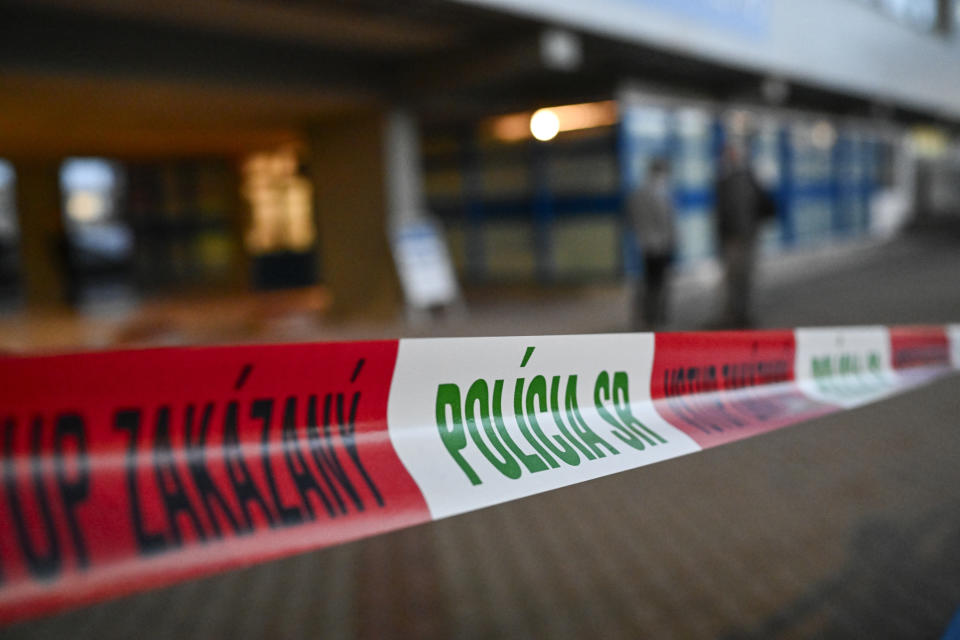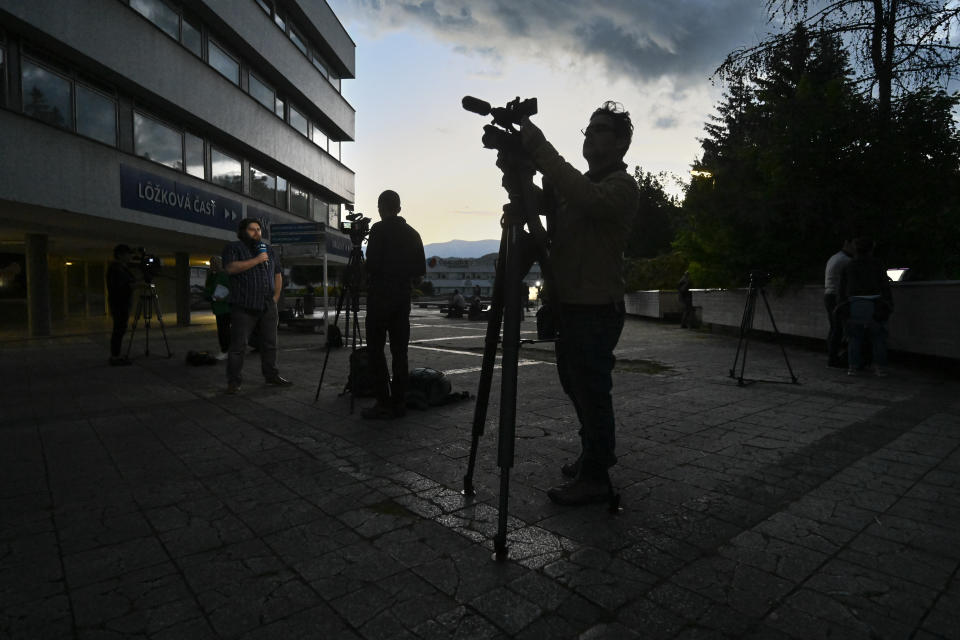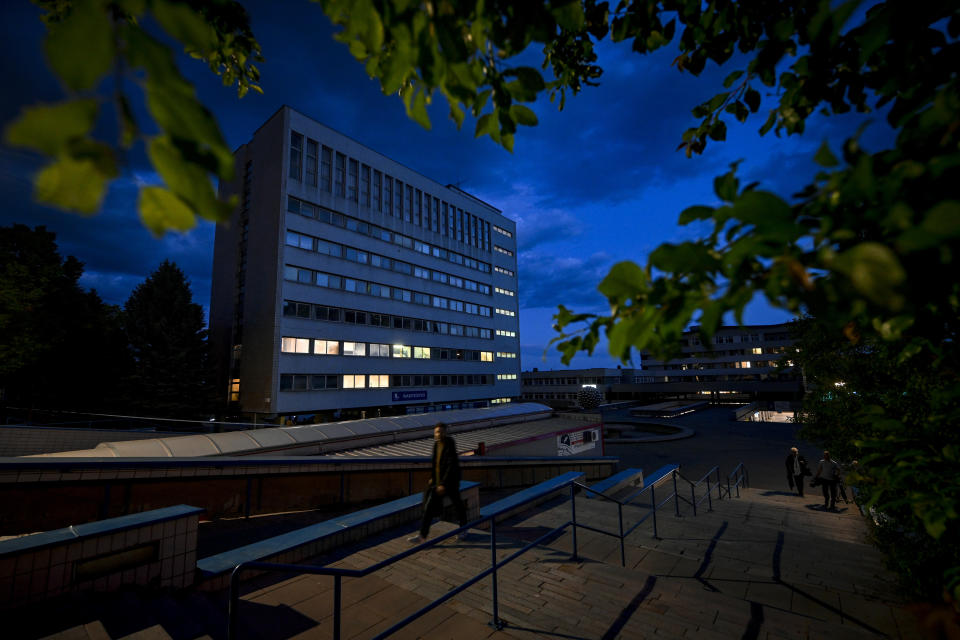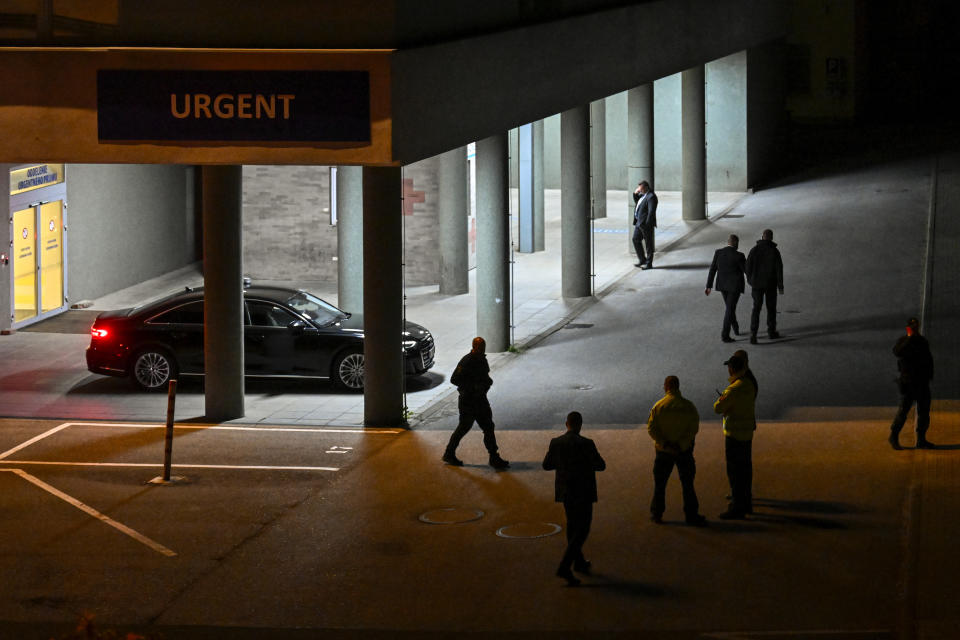Who is Robert Fico, the populist Slovak prime minister wounded in a shooting?
- Oops!Something went wrong.Please try again later.
BUDAPEST, Hungary (AP) — Slovak Prime Minister Robert Fico was shot multiple times after a political event Wednesday afternoon, an episode of violence that punctuated his decades-long career in politics.
A hospital official where Fico was being treated said on Thursday that he was in serious but stable condition, and that he was being kept in an intensive care unit after a five-hour surgery.
Slovak authorities charged a man Thursday with attempting to assassinate the populist prime minister, saying the suspect acted alone in a politically motivated attack.
Fico, 59, was born in 1964 in what was then Czechoslovakia. A member of the Communist Party before the dissolution of communism, he took a law degree in 1986 and was first elected to Slovakia's parliament in 1992 as a member of the Party of the Democratic Left.
He served for several years in the 1990s as a governmental agent representing the Slovak Republic before the European Court of Human Rights and the European Commission of Human Rights. In 1999, he became chairman of the Smer (Direction) party, of which he has been a pivotal figure ever since.
He and Smer have most often been described as left-populist, though he has also been compared to right-wing politicians like the nationalist prime minister of neighboring Hungary, Viktor Orbán.
Fico returned to power in Slovakia last year, having previously served twice as prime minister, from 2006 to 2010 and again from 2012 to 2018. His fourth term made him the longest-serving head of government in the history of Slovakia, a European Union and NATO member.
After five years in opposition, Fico’s party won parliamentary elections last year on a pro-Russian and anti-American platform. He vowed to bring an end to Slovakia providing Ukraine with military support as it battled Russia's full-scale invasion, and has argued that NATO and the United States provoked Moscow into war.
After his election victory, the new government immediately halted arms deliveries to Ukraine. Thousands repeatedly took to the streets across Slovakia to rally against Fico’s pro-Russian and other policies, including plans to amend the penal code to eliminate a special anti-graft prosecutor and to take control of public media.
Fico's return to power caused concern among his critics that he and his party — which had long been tainted by scandal — would lead Slovakia away from its pro-Western course. He vowed to pursue a “sovereign” foreign policy, promised a tough stance against migration and non-governmental organizations, and campaigned against LGBTQ+ rights.
He earned a reputation for his tirades against journalists, and faced criminal charges in 2022 for allegedly creating a criminal group and misuse of power, but the charges were dropped by Slovakia's prosecutor general.
In 2018, he and his government stepped down amid mass street protests after Slovakian investigative journalist Ján Kuciak was murdered along with his fiancée. Kuciak had been reporting on tax-related crimes implicating high-level Slovak politicians including some in Fico's party, and his murder set off a political crisis.
Fico is married and has one child.
___
This version corrects that Fico is serving his fourth term as prime minister, not his third.
